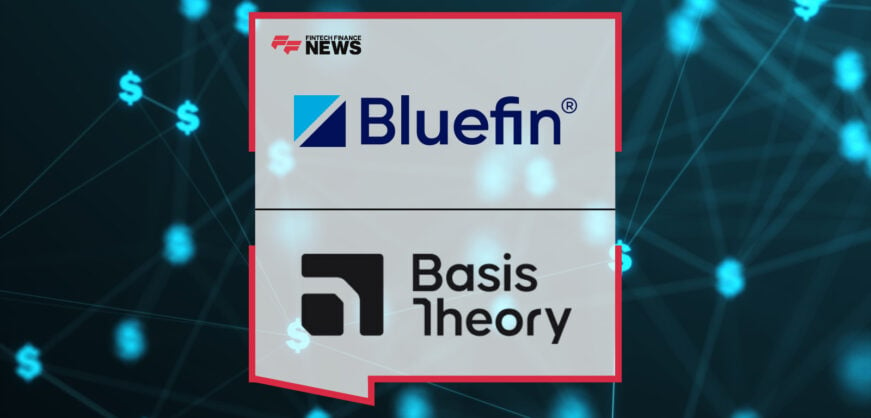Breaking News
APIs Driving Innovation in Financial Services
APIs in financial services are no longer just a technical integration tool—they are a catalyst for innovation, collaboration, and transformation. The industry is rapidly evolving, with fintechs, open banking, and AI reshaping how consumers interact with financial institutions. Younger generations, in particular, are increasingly turning to fintechs and third-party applications to manage their financial needs, and APIs serve as the backbone enabling these seamless experiences. APIs allow institutions to break down silos, connect with partners, and integrate services directly into the points where consumers engage with their financial products.
Embedded finance is a prime example of how APIs are changing the landscape. Payments, insurance, fund management, and other financial services can now be delivered directly within the context of a user’s daily interactions. Instead of stepping out of a core application or going to a separate platform, consumers can complete transactions in-app or on-site at merchants, ensuring convenience, speed, and a frictionless experience. This integration is not just about convenience—it’s about embedding financial functionality into the core business of the clients, enabling them to innovate and deliver value without building complex financial systems themselves.
The role of APIs extends beyond consumer-facing applications. They empower banks and financial institutions to streamline internal operations, improve data flows, and enhance compliance processes. Through APIs, institutions can automate workflows, securely exchange data with partners, and gain real-time insights that inform decision-making. This creates a more agile and responsive financial ecosystem where new products and services can be launched faster, regulatory updates can be incorporated efficiently, and operational risks are minimized.
Collaboration is another key advantage of APIs in financial services. By enabling seamless integration between different players in the ecosystem, APIs foster partnerships and encourage innovation. Institutions can leverage the strengths of specialized providers without the burden of developing every capability in-house. This opens opportunities for smaller fintechs and startups to plug into established networks, reaching broader markets while driving technological advancement across the industry.
Looking ahead, the future of APIs in financial services will see deeper integration, smarter automation, and increased personalization. APIs will continue to support embedded finance, but their scope will expand into areas like real-time risk assessment, AI-powered customer interactions, and global payment networks. Institutions that embrace APIs strategically will not only improve operational efficiency but also deliver enriched experiences, stronger engagement, and competitive advantage.
In conclusion, APIs in financial services are more than just connectors—they are the infrastructure that enables modern banking, embedded finance, and innovative fintech solutions. By supporting collaboration, automation, and seamless integration, APIs are helping institutions and their partners to build smarter, faster, and more customer-centric financial experiences. The ongoing adoption of APIs will continue to transform the industry, making financial services more accessible, efficient, and tailored to the needs of today’s consumers.
- Bluefin and Basis Theory Partner to Enable Unified Tokenization Across Digital and In-Person Payments Read more
- Invest Bank and AUTON8 Build Partnership to Drive Digital Resilience and Banking Agility Read more
- ING’s AI Roadmap: Platform, People, and Agentic AI Read more
- UK-fintech Provided Over £17.5m in Emergency Wage Advances to More Than 55,000 Employees in the Last Year Read more
- TreviPay Announces AI-Powered Growth Center to Help Enterprises Predict Buyer Behavior and Drive B2B Sales Read more




















